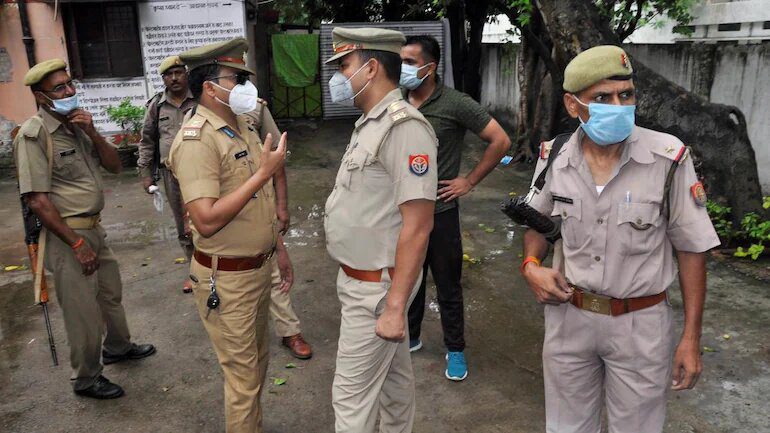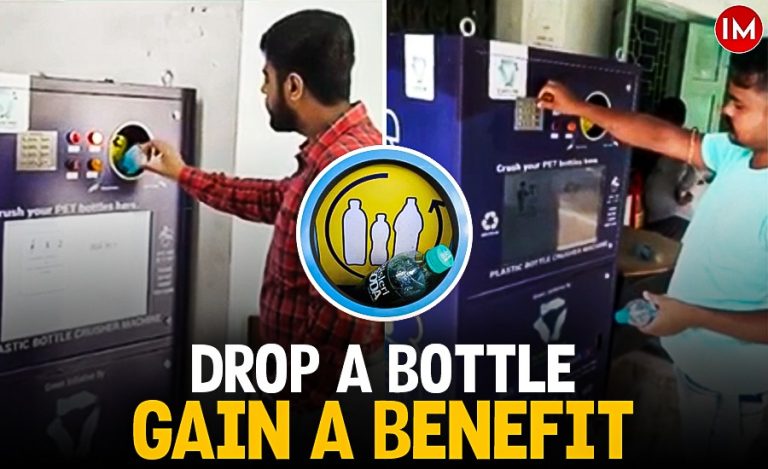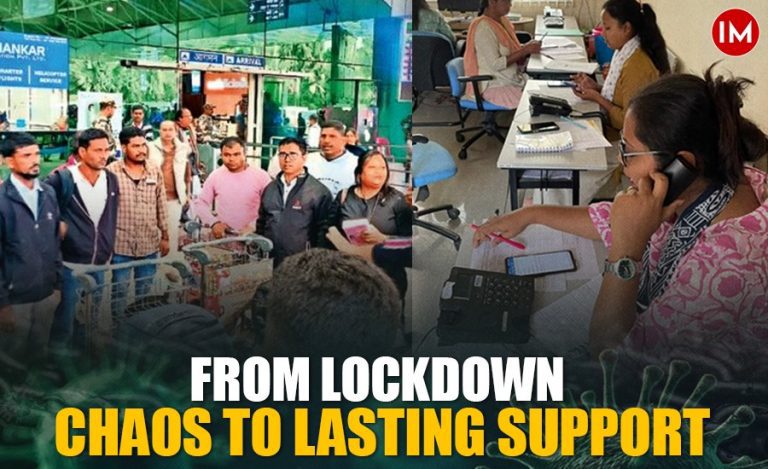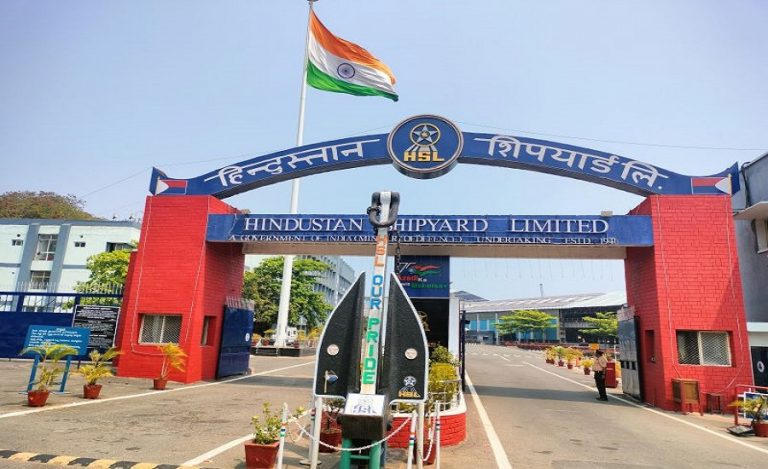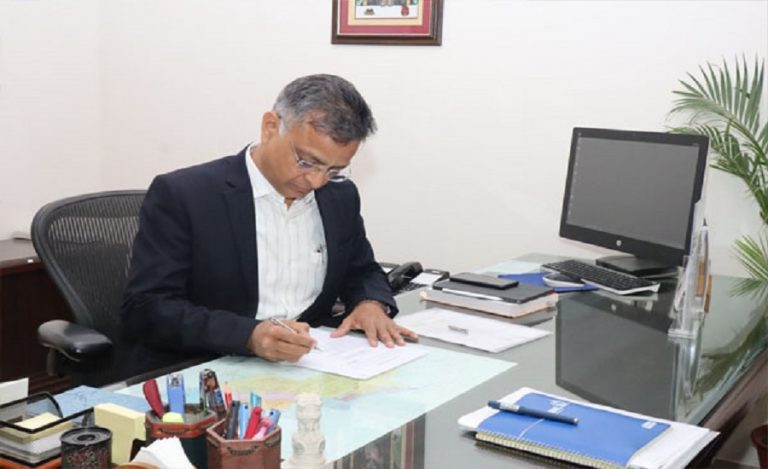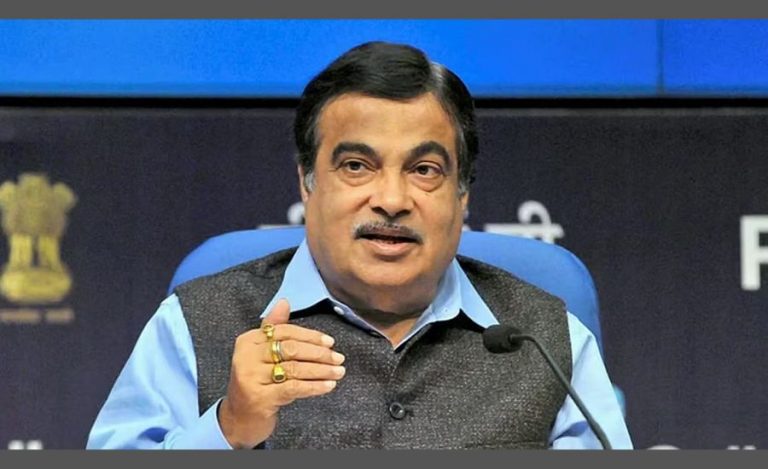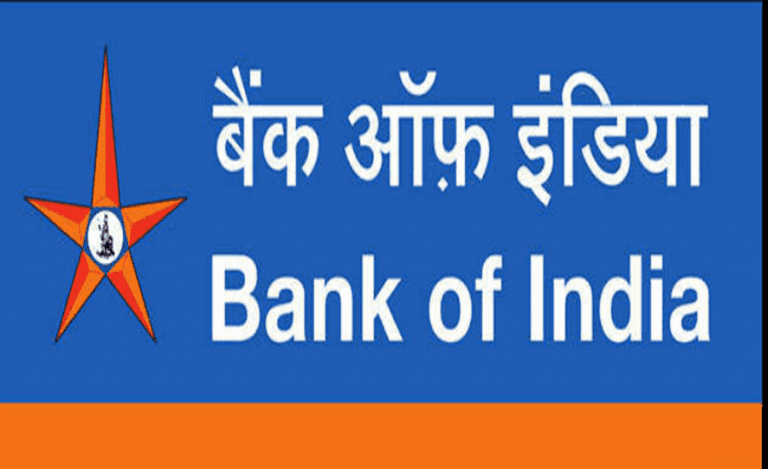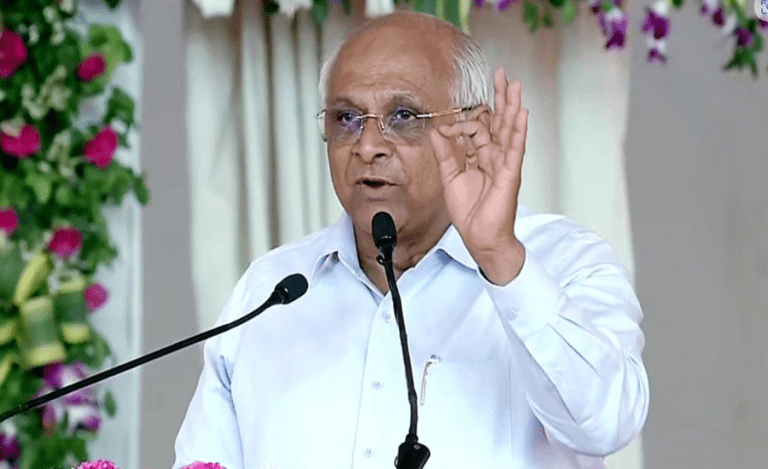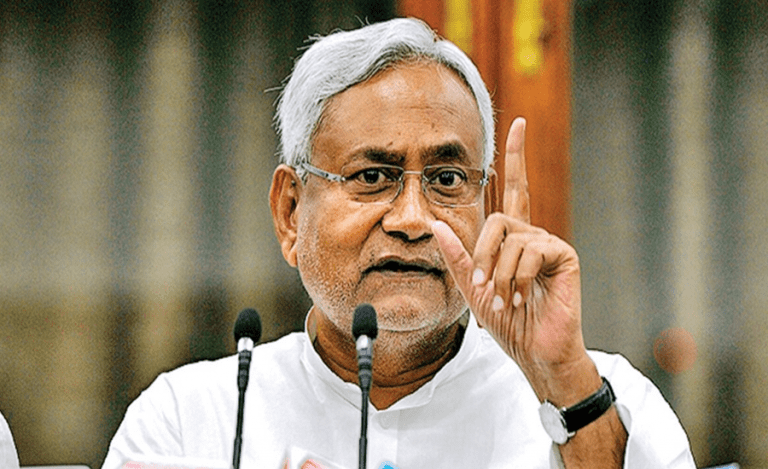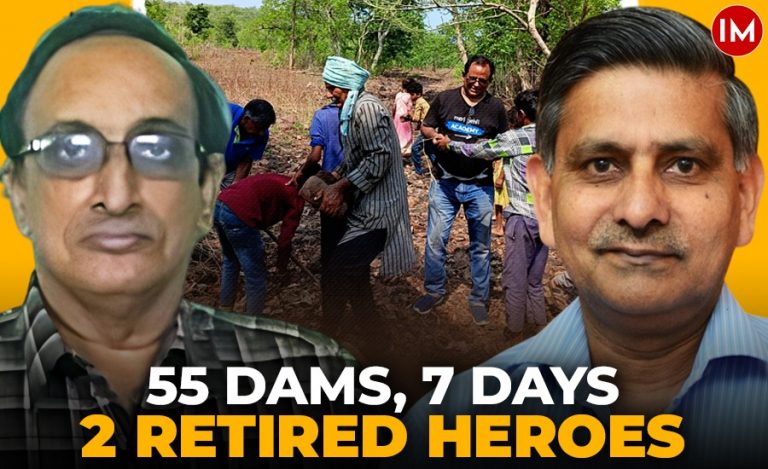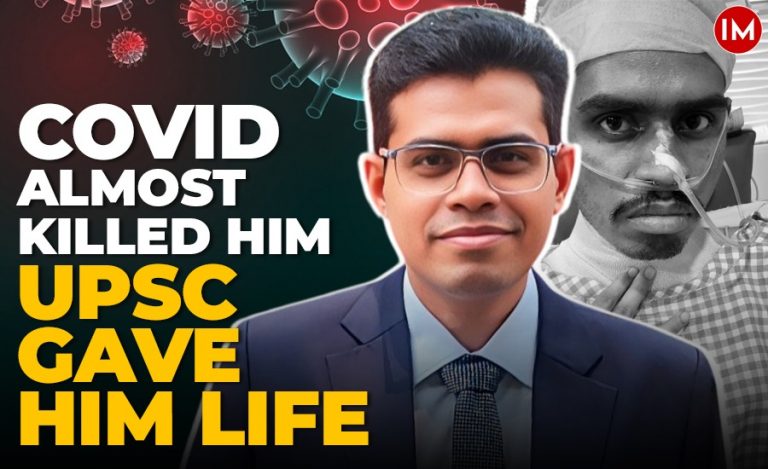Every eight minutes a girl goes missing in India, only to resurface in strange places, staring at an unknown future. These girls are usually lured away from their parents and homes with false promises of marriage and a better life, or a bright future in big cities of the country or abroad. Then they are unsuspectingly pushed into the flesh market or into forced unorganized labor with meager wages.
In such a scenario, Kanpur’s Deputy Commissioner of Police (Crime) Salman Taj Patil, was able to bust a major human trafficking racket that was operating on both national and international levels and rescue many women from the clutches of the racketeers.
A MAJOR LEAD
The Kanpur Police received its first lead of a possible human trafficking racket in August 2020. Samia (45, name changed) from Unnao district in Uttar Pradesh was living separately from her husband after several years of marriage, along with her two daughters and a son.
Financially weak, the woman came across an opportunity to work as a domestic help in Oman that would help her earn ₹25,000 per month. In February, with the help of a travel agent based in Kanpur, she reached the Gulf country, only to realize that she had fallen into the trap of a human-trafficking nexus.
“As soon as I reached Oman, my phone was taken away and I was subjected to physical and mental torture. Ayesha, a Sri Lankan woman, was handling me. I begged her to let me return to India, but she demanded ₹4 lakh for my release,” Ms. Salma had said in a media interview.
Her daughter Nazia (name changed) said, “Ammi somehow informed us about her ordeal over the phone, after which I reported the matter to the Kanpur Police, along with details of the travel agent.”
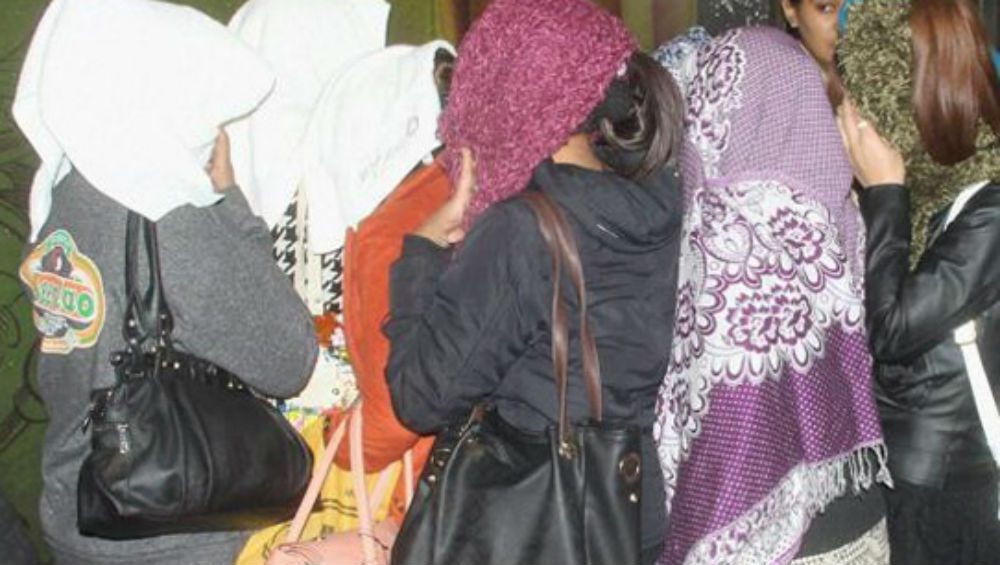
BIGGER PICTURE
During the investigation, the police found a large human-trafficking nexus spread across several countries, especially targeting women aged between 24 and 50 years on the pretext of getting them employed as domestic helps for a good salary in Gulf countries such as Oman, Qatar, Kuwait, and Saudi Arabia.
The victims are not only from Uttar Pradesh but also from other parts of India like Punjab, Goa, Tamil Nadu, and Karnataka. The nexus also trapped women from neighboring countries such as Sri Lanka, Nepal, Bangladesh, Pakistan as well as some African nations.
FIRST HINT OF A RACKET
According to DCP Patil, the first time that the lid blew off the human trafficking racket was when he received a complaint in April from a local resident who alleged that his wife was “trapped” in Oman. The officer and his team immediately set off to investigate the case, only to uncover the larger international nexus.
“When we extended the scope of the investigation, the officers soon understood that the matter was related to human trafficking. Police Commissioner Asim Arun engaged Kanpur’s Anti-Human Trafficking Unit to go deeper into the case, while the Ministry of External Affairs was also alerted and their help sought in rescuing the victims,” stated Mr. Patil.
THE INVESTIGATION
On further probe, the investigation revealed that Ayesha, the Sri Lankan-origin woman in Oman, handles the entire network abroad while her key India stooges, who are based in Bengaluru, have connections with “travel agents” in states who trap women and send them to foreign countries on a “tourist visa”.
During the probe, two Kanpur residents – Muzammil and Ateequr Rahman – who worked as travel agents and had sent some women to Gulf countries were arrested. The two led the police to the all-India network operated by Bengaluru-based Amin, who was arrested, too.
“The gang sent about 18 women from Kanpur and adjoining cities to Gulf countries in the last two years. Most of these women are in the age group of 24 to 40 years and three are in the age group of 40 to 50 years. These women were sent to Qatar, Kuwait, Saudi Arabia, and Oman,” Mr. Patil had said in an interaction with media.
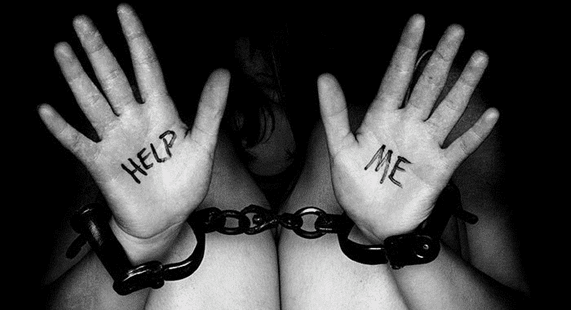
NEXT PLAN
Commissioner Kanpur Police Asim Arun stated that the police is now working on two aspects – ensuring the return of the victims to India and legal action against the culprits.
“First and foremost, we want to make sure that all victims of trafficking return home safe and sound. Our focus is on getting separate formal complaints from all victims so that strict legal action could be ensured against the culprits, and they can be sent to jail,” he revealed in the interaction.
In the last four months, 12 such women – six from Kanpur, two each from Punjab and Chennai, and one each from Goa and Karnataka – were brought back to the country safely with the MEA’s help. The officer hopes that the police in other states would also follow suit and stop human trafficking.

